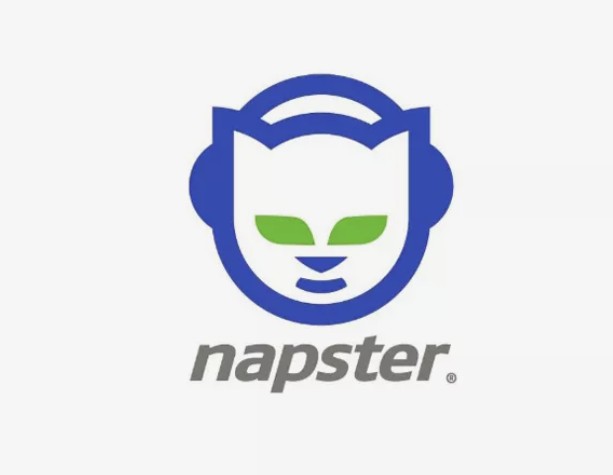Are LLMs the New Napster?
Blog | April 29, 2025

By Terence McCarron
In 1999, a couple of teenagers launched a service called Napster where people could share .mp3 (music) files between their computers and a friend’s for free.
After Napster launched, millions of consumers, basically overnight, stopped buying CDs and albums and started downloading what their friends had already purchased.
Watching sales tank overnight, every major record label, leading selling artists, and the industry associations all sued Napster (and many individual users) to shut the service down.

Here’s what it boiled down to:
Napster’s Claim: Consumers who bought the music have a right to share it. It’s the new way!
Record Labels Claim: This is piracy of copyrighted material, and Napster openly encourages it.
In 2001, the courts agreed with the Labels. Napster was killed. Free music sharing was dead, and a generation later, we each pay a monthly subscription to listen to our favorite music.
So, Napster is dead, but a brand-new business model emerged.
Why the history lesson?
In 2025, there are at least 15 major lawsuits against the large AI companies.
AI claims: This is public information, we have right to “fair use” of public material to train models.
Content Publishers and Creators: This is piracy of copyrighted material and AI companies openly enable it.
Are the major LLMs sort of the new Napster? Is history repeating itself?
A few specific examples make me think we’re just reliving the digital rights battles of yesteryear.
- Scarlet Johansson: Troubling story of how OpenAI seemed license the movie star’s voice for an upcoming release. When she declined, they seemed to use it anyway. When confronted with the obvious situation, OpenAI initially denied it, claiming their AI had invented a character called Sky. Days later amidst litigation threats, the “Sky” voice was shut down.
- NY Times: A current lawsuit has been advanced where the NYT claims their material was used as a main training source for a major AI model without permission or compensation.
- Ziff Davis: Now has accused OpenAI of reproducing exact copies of their copyrighted materials
- AI Leaders Narrative change: Major AI Tech leaders have pivoted their message. Gone is the denial of IP infringement claims. They have now shifted to a call for the abolition of all IP law. Major Tech companies are backing a major lobbying effort in Washington DC this year.
(Side Note on #4: I have to admit I laughed out loud once I heard OpenAI loudly accuse DeepSeek of stealing its model even as it’s calling for the elimination of IP protections.)
What will come of the Intellectual Property battle?
Hard to tell, but I feel it’s unlikely that copyright protections would be abolished. We have a long history in our digital age of content/data rights being upheld. Music sharing, search, and social media all ultimately led to the creation of business models that compensate creators.
If I’m right, then there will be a major/sudden shift in the model and economics behind AI.
What would that look like?
Four main things may change:
- AI Usage will get more expensive with the introduction of data license deals.
- AI value right now is heavily tied to the main models. Will this shift to data/content within models?
- Model output differences will grow as AI firms may be based on different underlying data.
- Market Research’s core value may experience an explosion of demand.
Why #4? Because harnessing structured (and unstructured) data in a quality way is the core of the process in market research. Think of AI Models as engines. Human insights are the oil. Big Data may finally have its day. Tech-enabled sure. But MRX can be the very sector that pulls it all together.
Conclusion
Maybe what we’re learning in the AI evolution is that we aren’t trying to replace real human data with synthetic data. Instead, maybe we should talk about just how large sample sizes must become to have trustworthy, sustainable synthetic data.
Perhaps major companies will be hiring their favorite MR agency to help them fully realize the synthesis of primary, secondary and synthetic data in one Insights powerhouse partnership.
Any AI strategy has to be connected to high-quality underlying data. If you want to explore upgrading your approach, hit us up here!.
